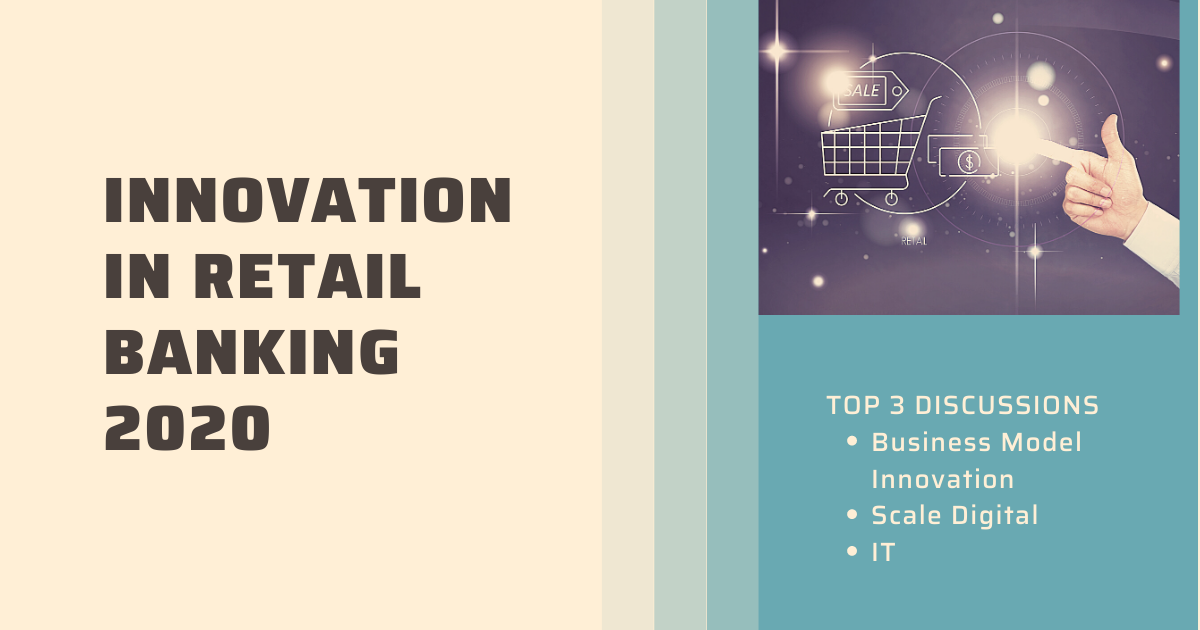In the 12th edition of the EFMA-Infosys Innovation in Retail Banking Report published recently, more than 750 banking executives from around the world shared their view of the digital trends shaping the industry and their own experience with transformation and innovation. This year’s study has especial significance, coming as it does in the midst of a pandemic and its resultant slowdown. Digitization, however, has gone in the opposite direction, accelerating so fast as to advance adoption by a few years. The banking environment is also changing faster than before, as a Covid-induced decline in growth rates, profitability and valuation adds to the existing cocktail of disruption, competition, expectation and regulation.
The report offers a succinct description of industry goings-on especially from an innovation and transformation perspective. Narrating what leaders are doing about the future and where they’re investing, it allows financial institutions to benchmark their own journeys against those ahead of them. This article discusses the top three discussions in the study.
Business Model Innovation – The Need is Now
The first, or the first among equals, if you will, is business model innovation. The cascading effect of the pandemic is pushing the innovation laggards further behind. The only way out is to overhaul the traditional banking business model and replace it with one that is relevant to the digital age.
Unfortunately, most banks are yet to come to terms with this. Asked about their business model plans for 2025, 59 percent said they would continue to run as me-too universal banks, while a meager 11 percent planned on becoming open platform players. Worse, banks don’t seem to have made the connection to their low innovation self-esteem: in this year’s survey, only 9 percent of respondents rated themselves as “innovation pioneers” and another 32 percent said they were “fast followers”, leaving 59 percent in the mainstream or laggard categories. Asked to name the top innovators in banking, they readily named consumer technology companies (74 percent), digital commerce platforms (73 percent) and Fintech start-ups (69 percent); only 30 percent said incumbents would lead innovation.
Banks need to break away from the me-too mould without delay and work on alternative platform models, such as marketplace, manufacturer, or banking as a service provider. Alternatively, they need to strive towards being a scale leader with organic growth or through strategic acquisition; a value leader leveraging deep automation to be the most cost efficient player; a customer experience leader providing personalized experiences at scale; a product or service leader excelling in its niche; or a segment player serving a select set of customer segments or communities. Failure to drive differentiation can lead to acquisition or outright oblivion.
Scale Digital – The Only Way to Survive, Revive and Thrive
The second subject is digital transformation. Here, the news is better, since most banks began their journey a while ago. However, they are yet to arrive at a stage of digital maturity: only 7 percent of respondents said they had deployed digital transformation at scale and benefited as expected. For the majority, full transformation was still a long way off: 10 percent had deployed fully but were disappointed with the result; 49 percent said their partially deployed transformation was delivering as expected, while 13 percent said it wasn’t; 12 percent claimed limited deployment with unknown results; 8 percent were still in the design stage of digital transformation and 2 percent had no plans at all.
That being said, most leaders are committed to digital transformation – it was the first priority for 75 percent of respondents, followed by customer experience improvement (51 percent) and cost improvement (47 percent). What they need to scale successfully is execution excellence and of course, the right technology investments.
IT – Must Fast Track Business Value
The industry is clear that digital technology is critical to its future: 73 percent of respondents said mobility would make a high/very high impact on banking over the next 12 months, followed by open banking APIs (64 percent), advanced analytics/AI/ML (64 percent) and cloud computing (58 percent). The industry is also clear about the nature of this impact. Gone are the days when impact equalled efficiency; today, when a bank deploys a technology, say cloud computing, it is eyeing business agility and resilience, rather than mere savings.
But once again, the industry is found wanting when it comes to implementation. Only 36 percent of respondents said they had succeeded in achieving expected business outcomes from mobility; the number was even lower in the case of cloud computing (29 percent) and open banking APIs (22 percent). The usual suspects are responsible for this state of affairs – time and cost from concept to reality (71 percent struggled the most with this in digital transformation), system integration challenges (66 percent) and legacy technology landscape (62 percent).
The way out of this irony – where technology is both the problem and the solution – is to move away from a monolithic architecture towards a composable application ecosystem that allows common capabilities – for example, interest and tax calculation or onboarding – to be shared and reused across segments. A good example is a single payments services hub serving multiple products, such as deposits, trade finance, remittance etc. Along with new technology, banks also need agile methods to implement it before it goes out-of-date. Extensive automation and a digital workforce complete the requirements to achieve transformation outcomes at speed.
[mkdf_separator class_name=”” type=”normal” position=”center” color=”” border_style=”” width=”” thickness=”” top_margin=”” bottom_margin=””]
About the Author

Puneet Chhahira, Head of Marketing and FinTech Engagements – Infosys Finacle, EdgeVerve
Puneet leads global marketing and FinTech engagements for Finacle at EdgeVerve, a product subsidiary of Infosys (NYSE: INFY). In this role, he is responsible for charting out marketing strategies, enhancing brand differentiation, and driving growth. Today, banks in over 100 countries rely on Finacle to service more than a billion consumers and 1.3 billion accounts. Apart from marketing, Puneet is also responsible for global FinTech engagement programs. In this role, he is responsible for curating a robust FinTech ecosystem around Finacle offerings. This includes selecting and onboarding promising FinTechs, designing joint value propositions, crafting and executing go-to-market plans, and ensuring market success for the joint offerings.
Puneet has been at Infosys group for over 15 years. During his tenure, he has led multiple consulting engagements with banks globally. He has also been a part of product management team and holds a patent in the wealth management space. He brings along a deep understanding of financial services industry, application of modern technologies, and marketing channels, to nurture global brands and drive business growth.







